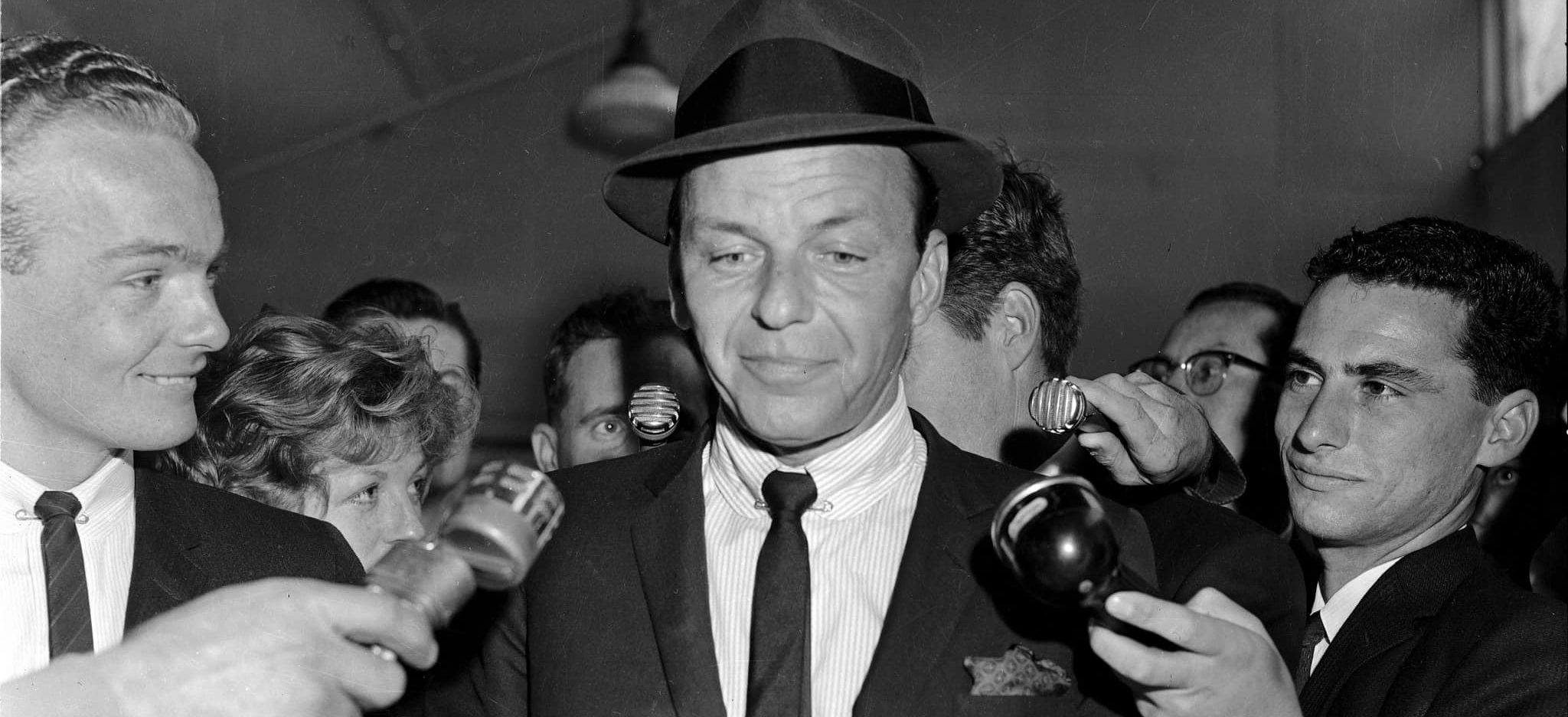
Gaming Editor Louis Wright provides a cursory introduction to the genre of Crooner Jazz, finding it offers peace in a world of such complex day to day dynamics.
My music taste is strange. That is to say, it is that of a 90-year old woman sitting in her armchair in the retirement home, knitting needles under her arms, making a nice scarf so her great-grandson can brace the bitterness of the forthcoming winter (she hasn’t realised global warming has eradicated winter as a concept). Nothing scratches the itch of my ears more than the crooning jazz of the 1940s.
In a time of war, devastation, and a rising authoritarianism in government, the invention of the microphone allowed for music to become more personal, more homely, and ultimately more friendly. This intimacy that crooning became famous for is what ultimately allowed it to succeed and excel as a genre. And it is this same intimacy that makes it so appealing to listen to today.
Modern music (to return to my persona of the old woman) has lost the intimacy and soul that crooning had in its inception. With more manufactured songs, and more manufactured artists, the landscape of music has dramatically changed. While not necessarily worse, crooning offers something completely unique in comparison to today’s top hits. It is almost peaceful in a sense.
The invention of the microphone allowed for music to become more personal
Therefore now, in a time of war, devastation, and a rising authoritarianism in government, crooner jazz is the perfect way to kick back and unwind after a long day of work. The almost melancholic nature of the lyrics and the age bleeds through to the upbeat swing of many of the tunes creating a contrast that works strangely well. Crooner jazz suits any mood, and any atmosphere; it persists thanks to its inherent adaptability.
Bing Crosby and Frank Sinatra are almost definitive of the crooning genre. Deep-voiced men singing softly and intimately into the microphone is the epitome of what the genre strives for, but while signatures they are not the only ones. While not conforming to the norms of the crooner style, arguments can be made for artists such as Judy Garland and Vera Lynn to be classed in the style. While not possessing the smooth baritones of their male counterparts, they still have the intimacy and softness to their singing that is ultimately more definitive.
Crooner jazz suits any mood, and any atmosphere
Crooner jazz is a genre of music I find myself endlessly coming back for. Spotify playlists in particular have made this remarkably easy. Whether it be the strange nostalgia I feel for it (I swear I’m not a 90-year old woman masquerading as a 20-something gaming editor), the genuine soul the music contains, or the uniqueness it holds in the face of the current chart toppers; it is a genre that maintains its quality 80-years on from its inception.

Comments